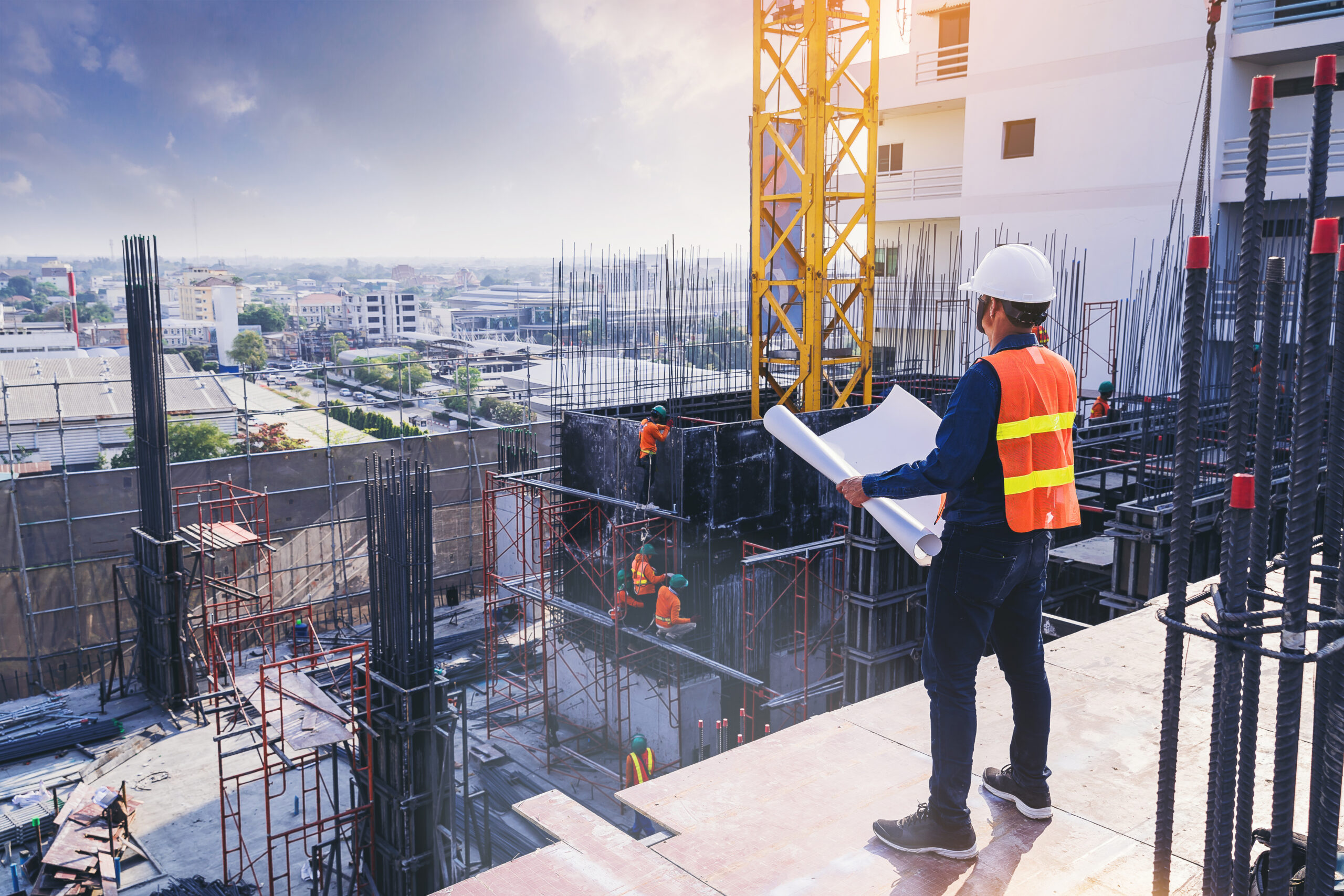
Construction Engineering
Through their novel research, our construction engineering faculty build a solid foundation for the community and our current and future students. Here are a few of their research areas:
- Construction project management
- Green building and infrastructure systems
- Sustainability
- Construction automation
- Simulation of construction operations
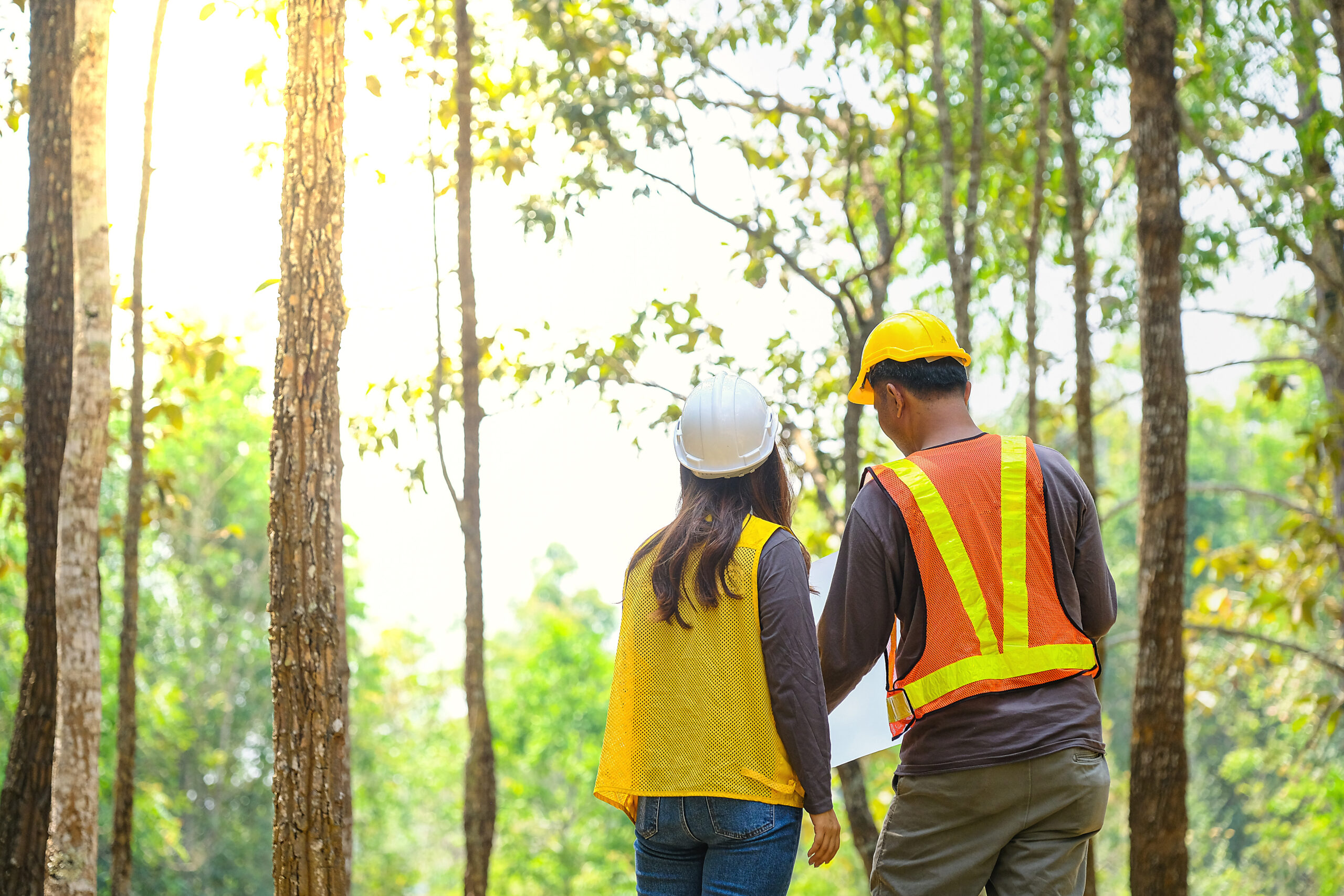
Environmental Engineering
With a passion for the earth, our faculty find new ways to nurture our natural resources. These are just a few of the areas our environmental engineers explore:
- Air quality monitoring
- Coastal engineering
- Wastewater treatment
- Biofilm and corrosion in drinking water
- Water distribution system infrastructure
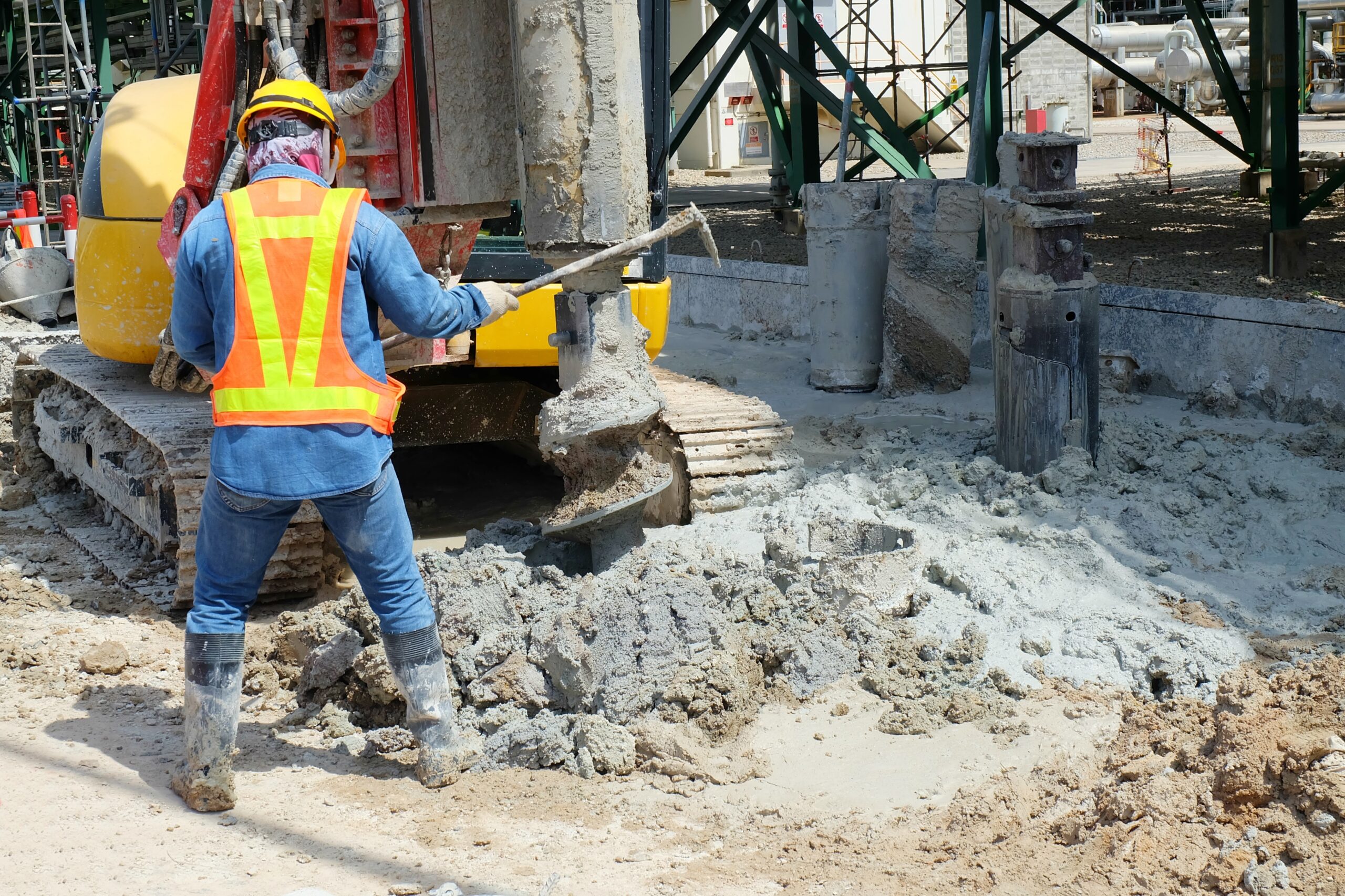
Geotechnical Engineering
Our faculty explore the properties and behaviors of soil and rock to build solid and sound foundations for community infrastructure. These are a few of the topics they mine through:
- Geotechnical earthquake engineering
- Behavior of soils
- Sinkholes, soil erosion and sediment control
- Landslide hazard assessment and mitigation
- Geospatial modeling
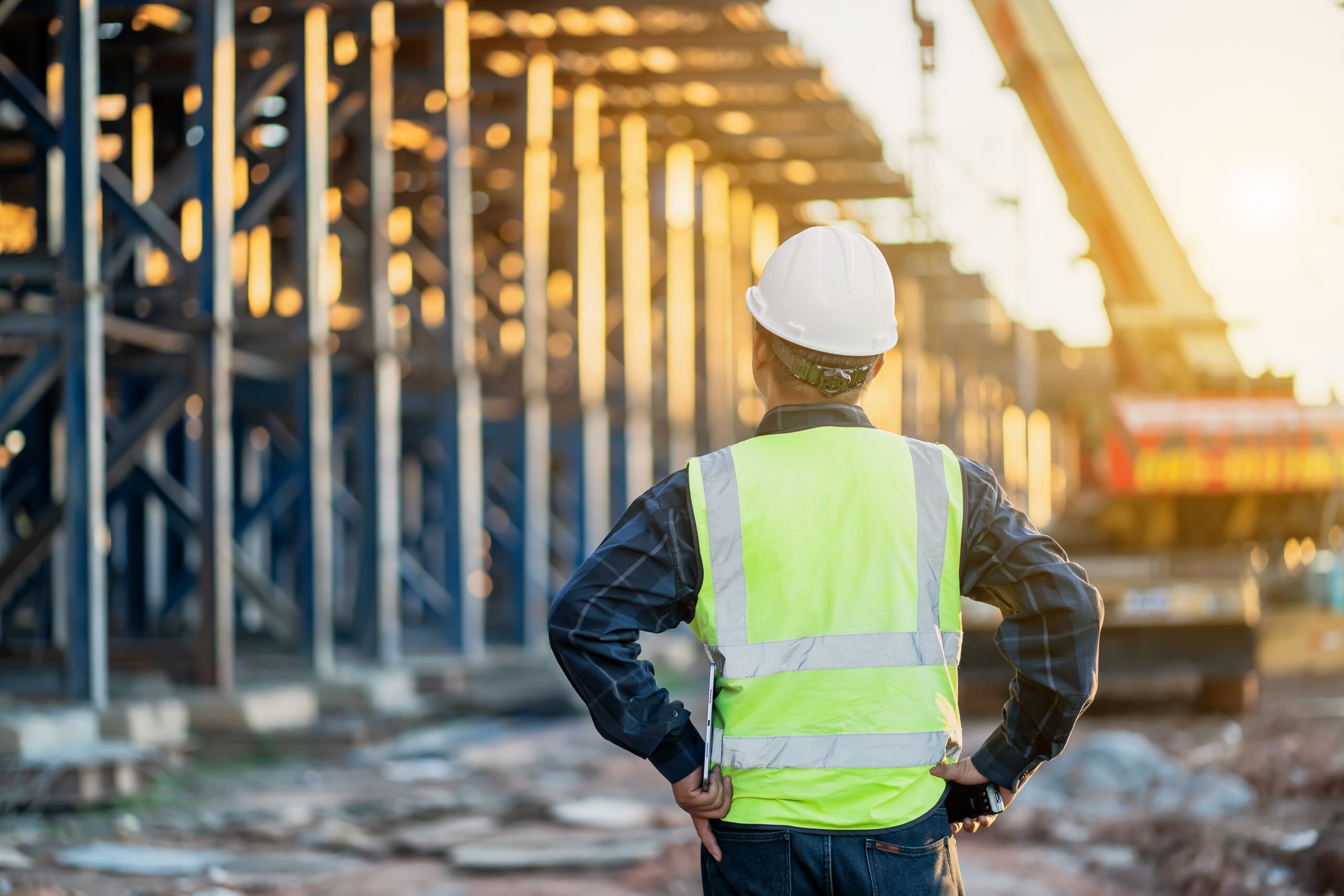
Structural Engineering
Our structural engineering researchers aim to find new ways to preserve the integrity of the infrastructure in the Central Florida community and beyond. Here are a few of the areas they support:
- Multi-hazard assessment and design
- Seismic connection
- Sensing and monitoring
- Hollow structural sections
- Advanced materials for infrastructure repair and design

Transportation Engineering
Our faculty continue to drive forward new innovations to enhance roadways, decrease traffic and keep travelers safe. This is just some of the terrain they cover through their research in transportation engineering:
- Transportation planning
- Travel behavior analysis
- Pedestrian and bicycle safety
- Electric vehicle integration
- Sustainable mobility adoption
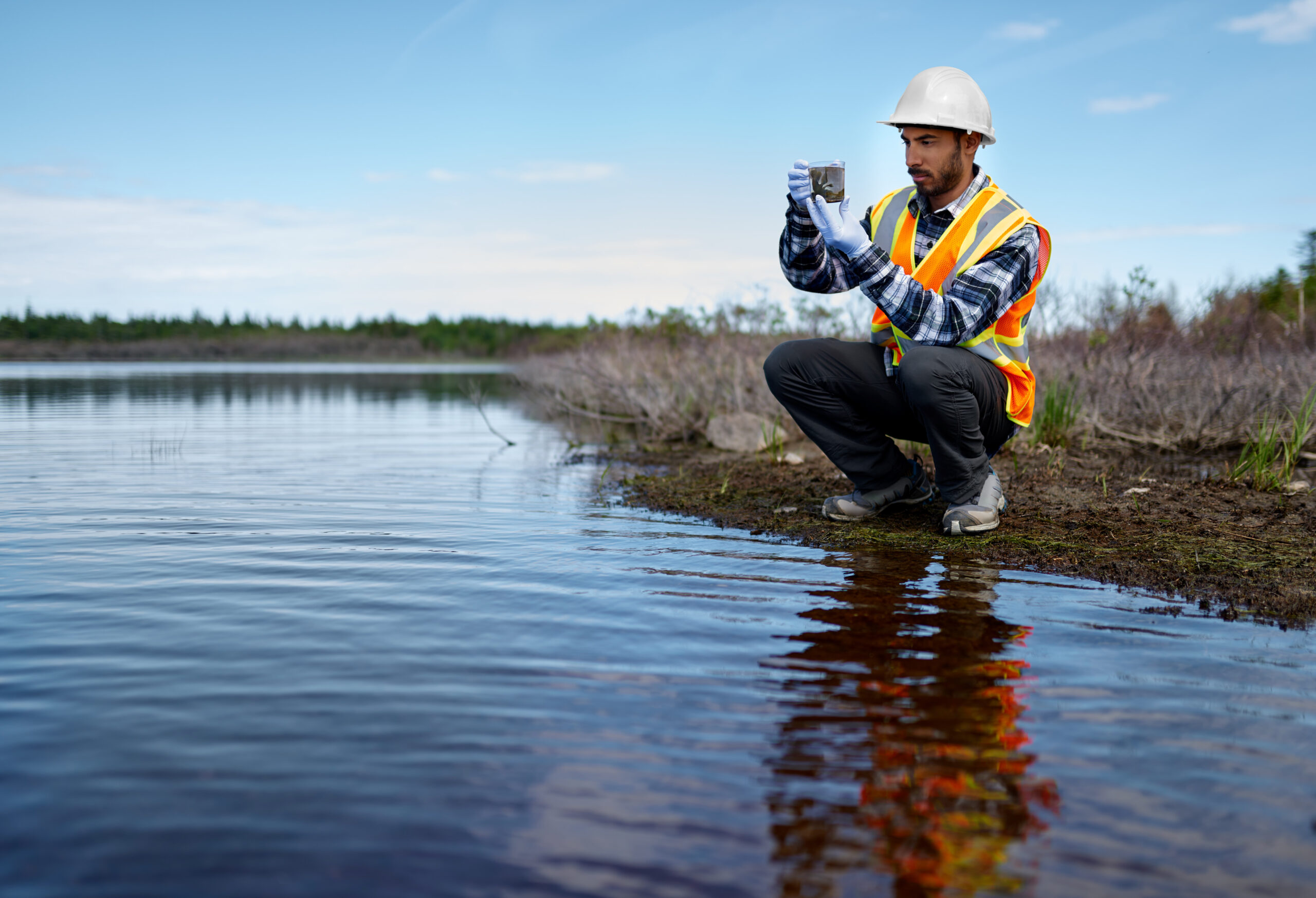
Water Resources Engineering
In a state studded with lakes and surrounded by miles of coastline, it only makes sense that UCF is home to some of the top experts in water resources engineering. Here are some of the areas they specialize in:
- Coastal flood risk
- Storm surges
- Sediment transport
- Ecohydraulics
- Groundwater and hydrologic modeling
Faculty Clusters and Initiatives
The faculty in the Department of Civil, Environmental and Construction Engineering not only manage their own labs but collaborate with researchers across the university through faculty clusters and research initiatives. Learn more below.

Future City Initiative
The Future City initiative at UCF is a group of researchers who have a vision to synergistically explore the wide-ranging technological advances towards better serving urban residents. The initiative is unique due to its interdisciplinary composition, strong team of reputed experts, access to rapid economic and population growth, and nexus of world-class simulation, space technology and tourism industries co-located in the Central Florida region.
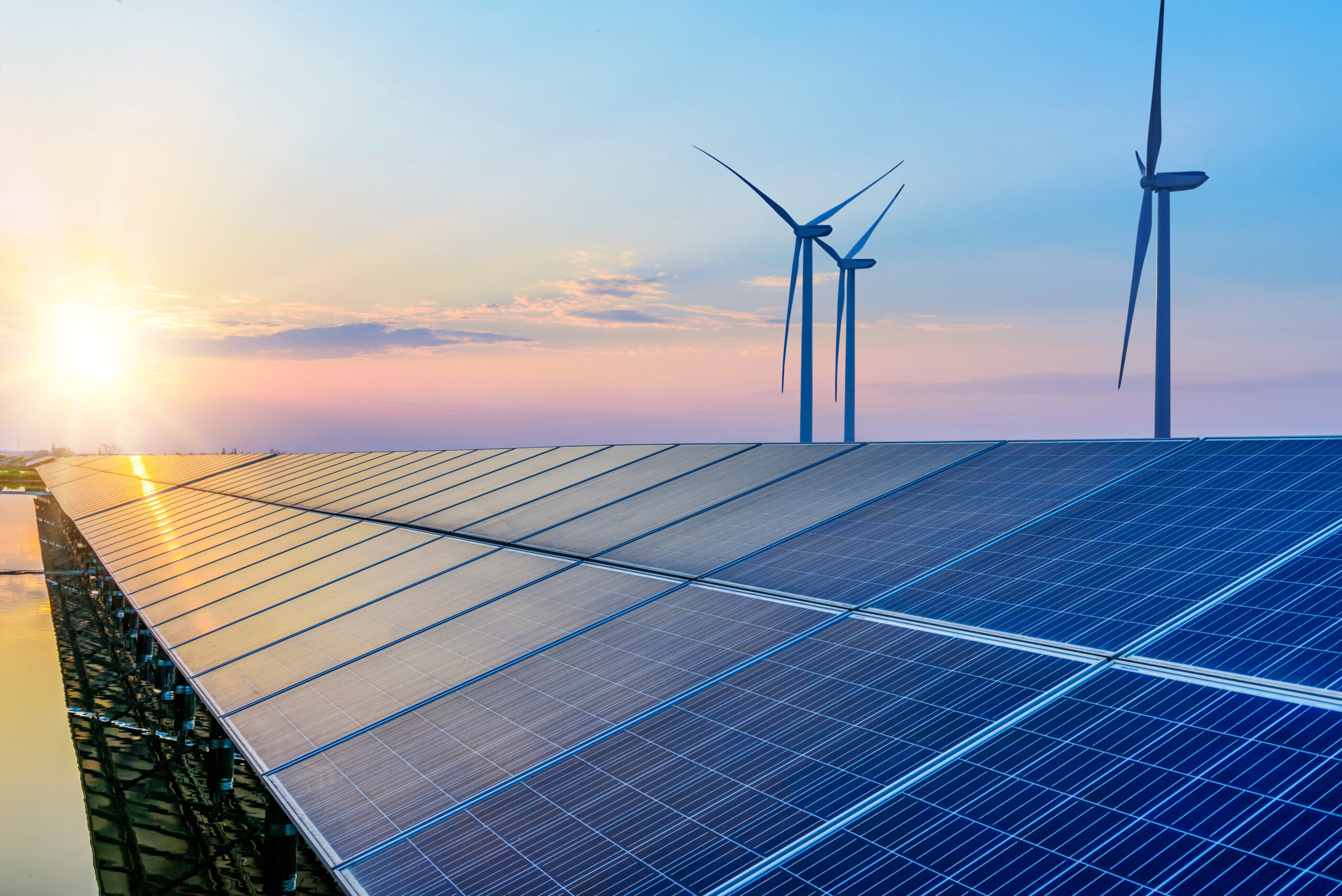
REACT Faculty Cluster
UCF’s Renewable Energy and Chemical Transformation Cluster, or REACT, is developing new, alternative materials for catalysis to power technology and chemical processes that are safe for people and the environment.
The production of electricity from renewable sources, like solar, is a cost-competitive alternative to fossil-fuel-generated electricity, and alternatively powered forms of transportation are rapidly gaining acceptance.
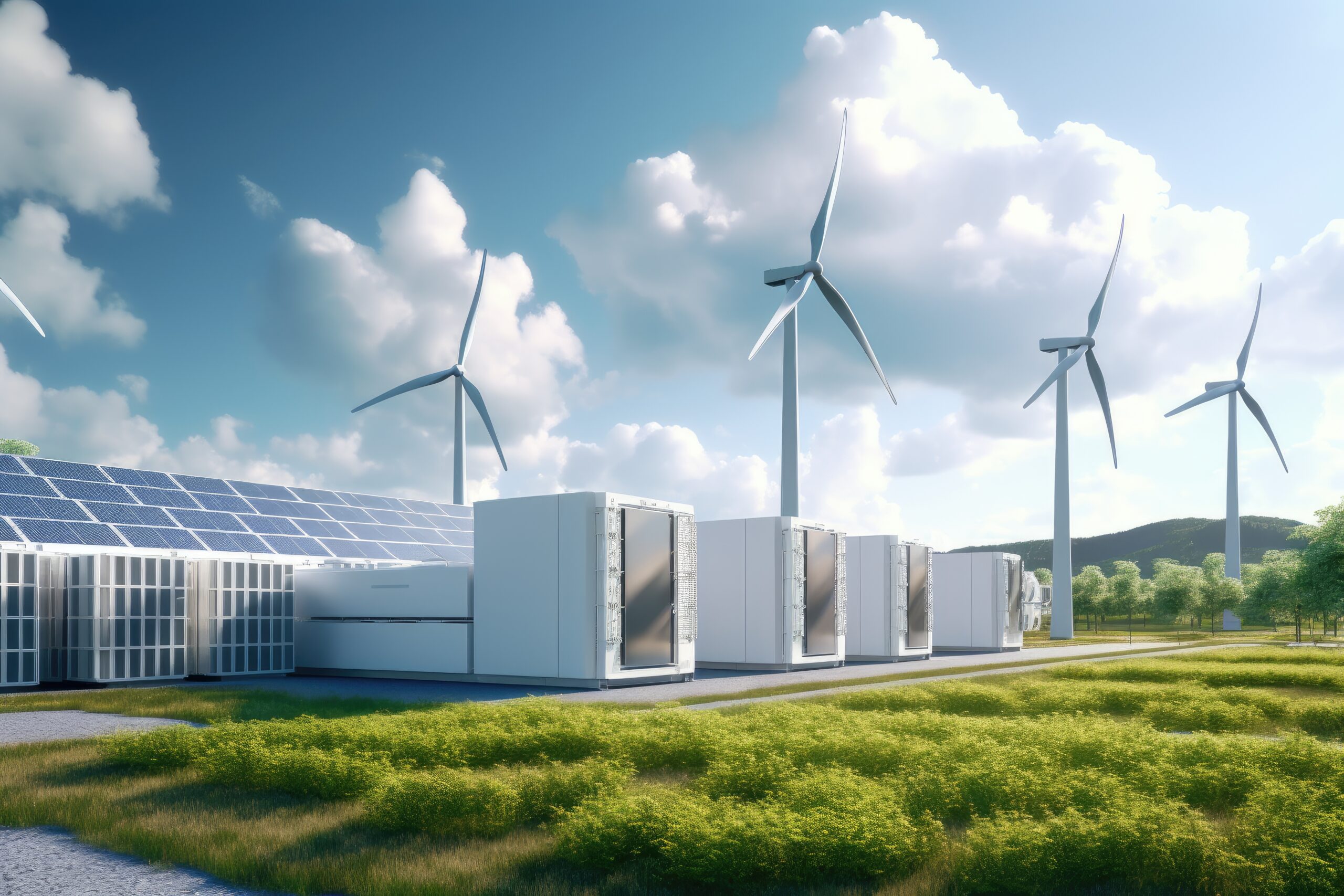
RISES Research Center
UCF’s Resilient, Intelligent and Sustainable Energy Systems Center, or RISES, works to develop sustainable and resilient energy systems and storage to make sure we have power and stay connected when disasters strike.
This center, which has grown from it’s original cluster origination, focuses upon holistic analysis, design, development and deployment of distributed renewable energy resources, including advanced information, communication, control and optimization technologies and the economic and management policies that go along with them.
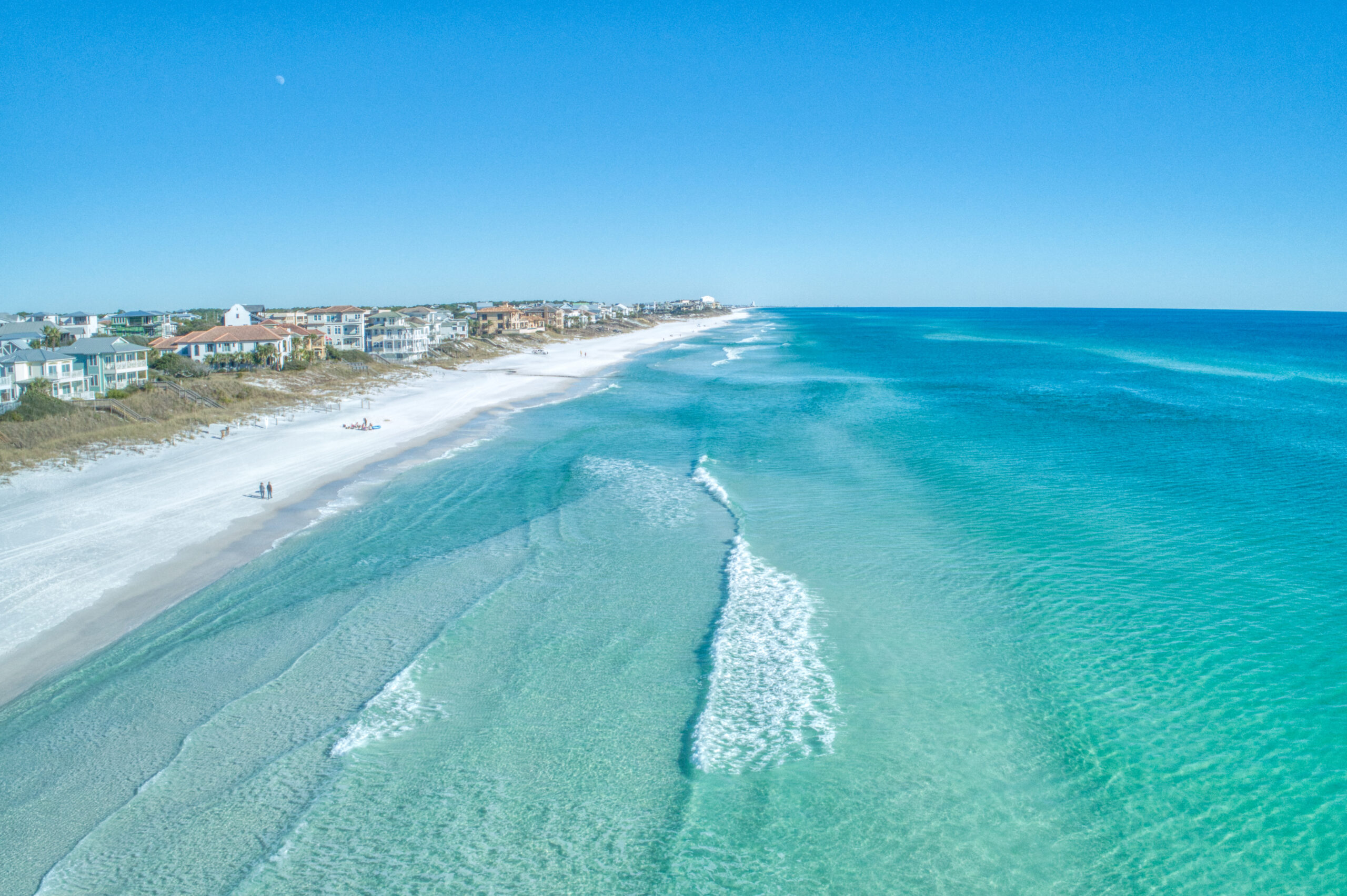
UCF Coastal Research Center
UCF Coastal focuses on integrating science and societal needs to address coastal issues and teach students conservation and resource management.
This center, which has grown from its original cluster origination, works to understand complex local, national and global problems related to natural changes in coastal systems and those caused by humans.
